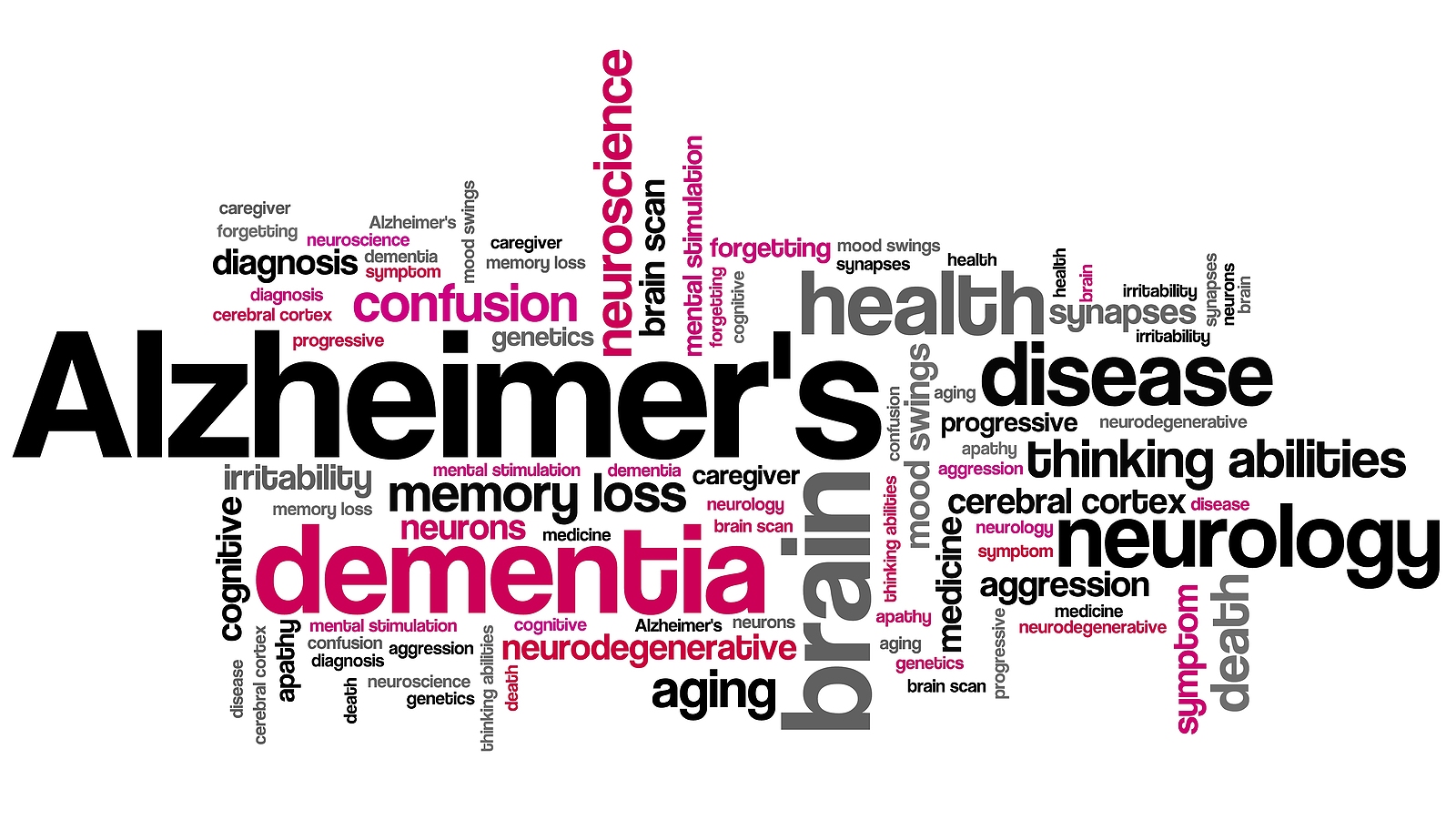Sensory Changes and Alzheimer’s Disease
Category:

Sensory changes are extremely common in patients who have Alzheimer’s disease. These changes include differences in vision, hearing, and even taste or smell. Many of these changes have a bigger impact on daily life than seniors expect. Adapting to these changes can help seniors to improve their overall quality of life, which is a big goal as seniors age in place. Alzheimer’s care providers can make this task easier to manage.
Understanding the Impact of Sensory Changes
Sensory changes have a very real effect on someone’s ability to function. Those changes can feel even bigger for seniors who have Alzheimer’s disease, especially if they’re not able to communicate the changes they’re experiencing. Some of the changes seniors with Alzheimer’s disease might experience include:
- Vision
- Hearing
- Auditory processing
- Taste perception
- Smell
All of these changes can affect mobility, feelings of safety, and ability to communicate in some ways. Changes in taste and smell can affect appetite and ability to enjoy food.
Adapting the Environment to Help
Thankfully there are environmental changes that can help seniors to cope with the sensory challenges they’re facing. For instance, home care providers can help present food differently to accommodate specific changes seniors experience. Making meals visually appealing, for instance, and ensuring that foods are easy to identify can encourage seniors with Alzheimer’s disease to eat. Minimizing noise, like background noise and distractions, can help with hearing challenges and auditory processing issues. Improving lighting and using more contrasts on walls, floors, and furniture can help quite a lot with vision changes.
Sensory Friendly Activities
Very often there isn’t a lot that can be done to bring back senses that don’t work the same way they used to work. But choosing sensory friendly activities can help seniors with Alzheimer’s disease to strengthen remaining senses. Activities like music therapy, tactile activities, aromatherapy, and art therapy can all help seniors to tap into their other senses more readily. These types of activities can help seniors to feel less stress as well, while also improving issues like social interaction. Alzheimer’s care providers can help seniors to find the activities they enjoy the most and that they benefit from the most.
Finding the Right Routines
It can take some time to find exactly the right activities for a given senior. They may also need to have some time to make sure that they really enjoy and benefit from the activities they’re doing. Along the way, Alzheimer’s care providers can hep aging adults to get the assistance they need throughout the day as they continue to work through the challenges Alzheimer’s brings. Creating stable routines that include the right activities helps to support seniors with Alzheimer’s disease as they navigate this stage of their lives.
Sensory changes in Alzheimer’s disease create some unique issues for aging adults to manage. Understanding how those sensory changes affect individual seniors helps families to craft a plan to cope with the new normal. Alzheimer’s care providers can be a tremendous asset while figuring out what might work to make the situation better and planning routines appropriately.
If you or an aging loved one are considering Alzheimer’s care in Yonkers, NY, please contact the caring staff at Griswold Home Care for Scarsdale & Yonkers today. (914) 337-5028.
Subscribe
Date: June 14, 2024
Category:


